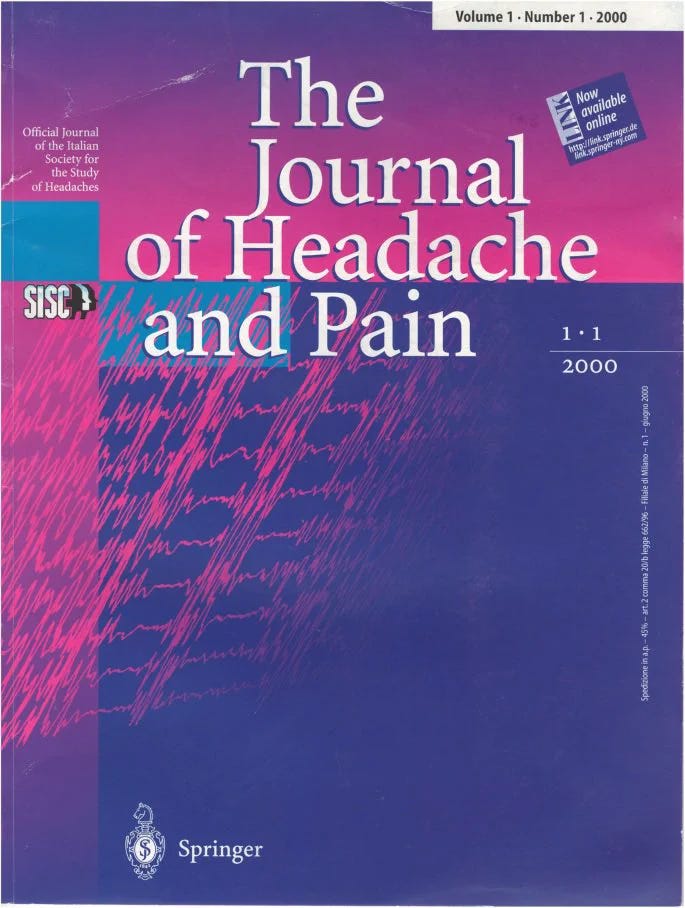A Flock of Rotations
Perfect correspondences are rare
I’m a very busy person. Sometimes I open a document and change the font. Sometimes I substitute a dash for a parenthesis. An email appears in my inbox. I answer it. That last part isn’t so difficult, not as difficult as bourgeois millennials would have it. I think about the last part of “Bartleby the Scrivener”, which takes place a dead letter office, and the literal weight of all that undelivered correspondence. Data in a server farm is so light by comparison. It won’t bury you alive.
Autumn has finally come, and I’ve been winding down a few book projects. It’s been a relief—kind of. The headaches and sleepless nights have passed, becoming headaches and sleepless nights for no particular reason. What had consumed me for weeks turns into a plain fact, an entry into a catalog. I suppose it’s a good thing, that the burden of mental labor evaporates into nothingness. Or it lives on, the thought, just as a simpler form of life. A stray word or phrase in a foreign language, once memorized, is best recalled without effort, as if it were inborn and not particularly significant, like a nostril.
Borges thinks of Bartleby’s refusal to work as a psychological rather than social phenomenon, something fundamentally mysterious. He takes the confusion of the employer-narrator at face value, demonstrating the limits of his patrician worldview. The mundane answer always there—why should Bartleby work for this guy?—ready to be delivered, but Borges goes looking for it at a different address.
There are books too important, in a strictly personal sense, to formally review. A brief assessment would betray its impact. This doesn’t have to be holistic or particularly profound: a certain stray phrase, for instance, or the way an author leans against a wall in a dust jacket photo. Points of departure rather than points of argumentation.
Marxist critics emphasize the extreme alienation of writers under social media and corporate consolidation. This is not so much incorrect as it is incomplete, since there has never been a time, not since the invention of the alphabet, when the act does not entail some form of office drudgery. In the written record, receipts show up before poetry.


